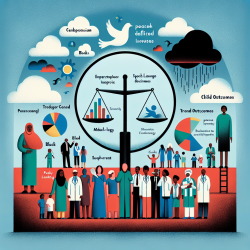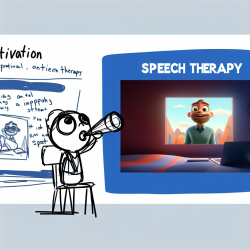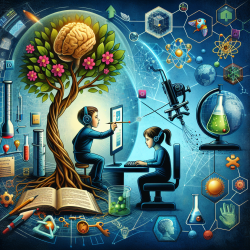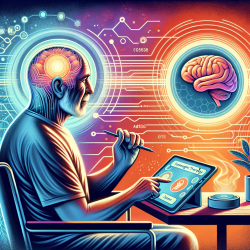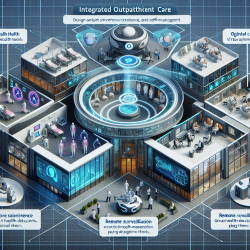High-tech acupuncture represents a fascinating convergence of tradition and innovation, providing promising avenues for enhancing therapeutic outcomes in various fields, including speech-language pathology. The BIT’s 4th Annual World Congress of High-Tech Acupuncture and Integrative Medicine, held in Xi’an, China, from 25–27 September 2017, highlighted several key research findings that practitioners can leverage to improve their skills and outcomes. This blog will explore these findings and their potential applications in online therapy services for schools.
Modernization of Acupuncture: A Data-Driven Approach
One of the key themes of the conference was the modernization of acupuncture through high-tech methods. Research presented by Dr. Xianghong Jing emphasized the specific and general effects of acupoints. Clinical studies have shown that the distribution of sensitized acupoints, induced by conditions such as gastric mucosa injury, can be correlated with changes in local biochemistry, including mast cells and neuropeptides. This data-driven approach allows for more precise and effective treatment plans.
Laser Acupuncture: Innovative Applications
Dr. Gerhard Litscher’s keynote on modern ear acupuncture introduced the use of lasers (infrared, red, blue, green, and yellow) as an additional technique to traditional needle stimulation. The latest findings suggest that laser acupuncture can effectively stimulate acupoints, leading to improved clinical outcomes. For online therapy services, incorporating such innovative techniques could enhance the effectiveness of remote treatments.
Evidence-Based Complementary Medicine
Dr. Thomas Burgoon’s research on the mechanisms of acupuncture’s effects on inflammation, gastrointestinal, and cardiovascular systems provides a robust foundation for evidence-based complementary medicine. His studies confirm fundamental principles of traditional Chinese acupuncture, which can be communicated to non-acupuncture medical colleagues to foster a multidisciplinary approach to treatment.
Practical Applications for Online Therapy
For practitioners providing online therapy services to schools, integrating these high-tech acupuncture methods can offer several benefits:
- Enhanced precision in treatment plans based on specific acupoint effects.
- Incorporation of laser acupuncture techniques for non-invasive stimulation.
- Utilization of evidence-based complementary medicine to support traditional therapy methods.
Encouraging Further Research
While the conference provided a wealth of information, it also highlighted the need for ongoing research. Practitioners are encouraged to explore the following areas:
- Further studies on the biochemical changes induced by acupoint sensitization.
- Clinical trials to validate the effectiveness of laser acupuncture in various therapeutic contexts.
- Multidisciplinary research to integrate acupuncture with other medical practices.
Conclusion
High-tech acupuncture and integrative medicine offer promising opportunities for improving therapeutic outcomes in speech-language pathology and beyond. By incorporating these research findings into online therapy services, practitioners can enhance their precision, effectiveness, and evidence-based practice. To read the original research paper, please follow this link:
Report from the BIT’s 4th Annual World Congress of High-Tech Acupuncture and Integrative Medicine Held in Xi’an, China, 25–27 September 2017.




